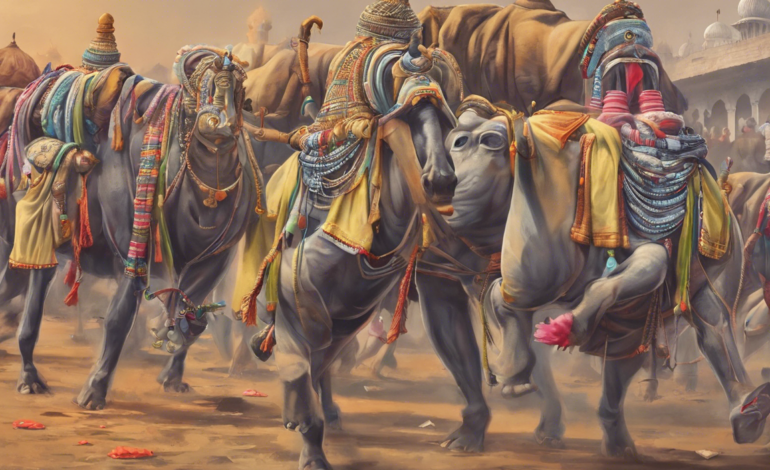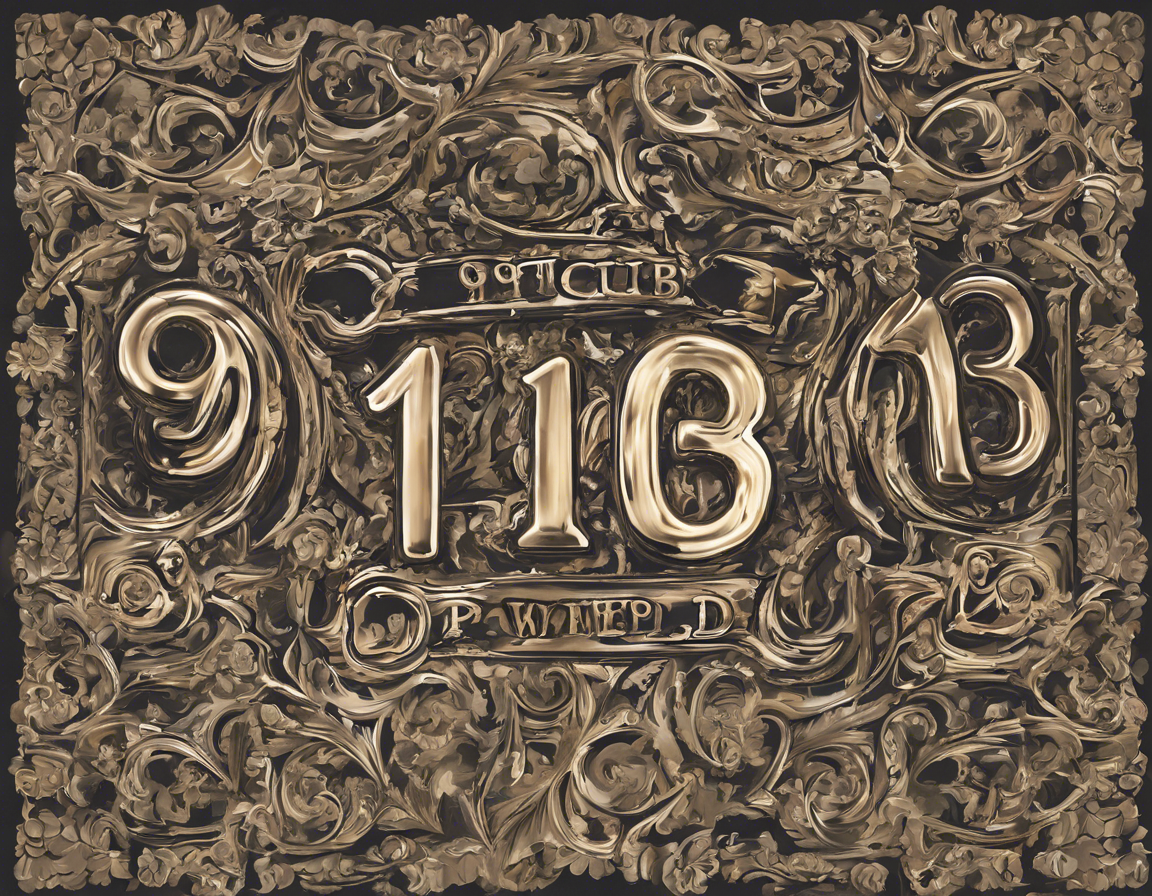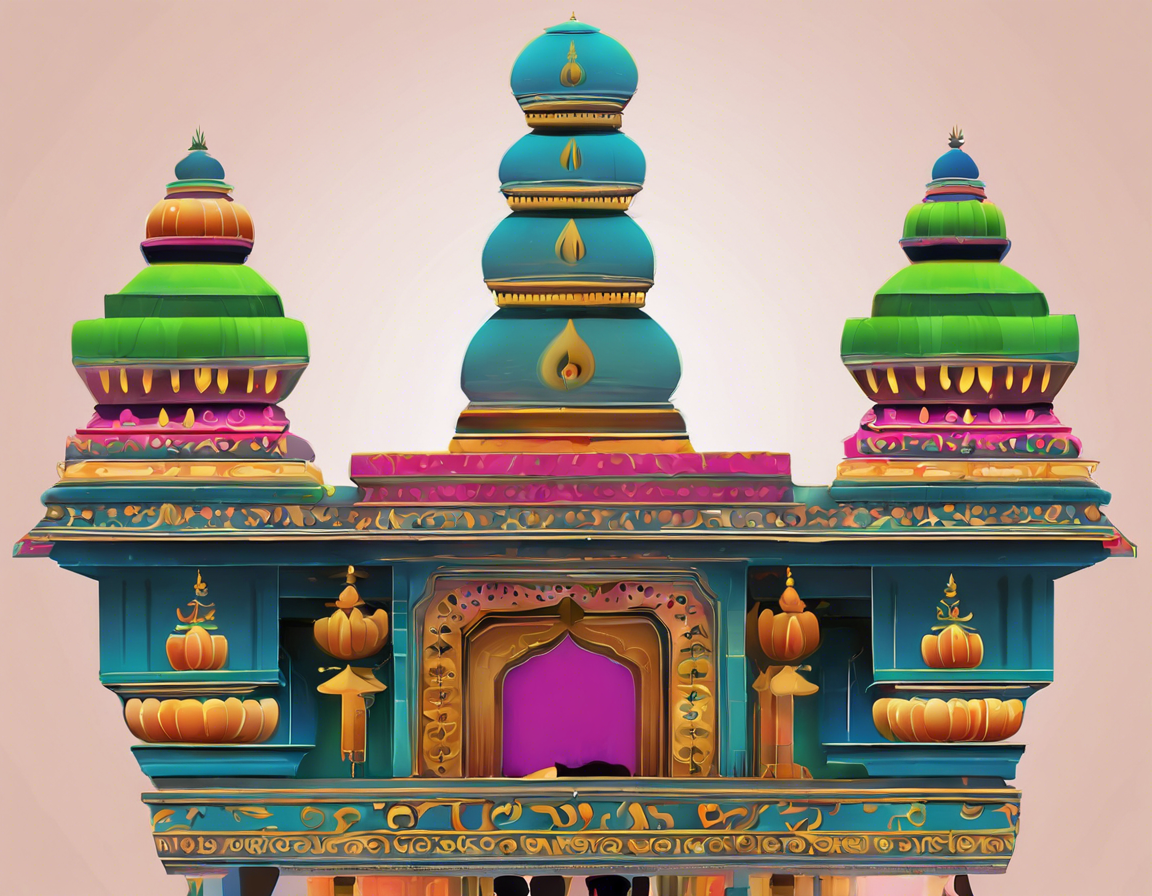Sawan Kab Tak Hai 2023: Dates, Significance, and Festivities!

Introduction
Sawan, also known as Shravan, is considered one of the holiest months in the Hindu calendar. It typically falls between July and August according to the Gregorian calendar. During this time, devotees across India observe various rituals and festivities to seek the blessings of Lord Shiva. In this article, we will delve into the dates, significance, and traditions associated with Sawan Kab Tak Hai in 2023.
Dates of Sawan Kab Tak Hai 2023
Sawan Kab Tak Hai in 2023 will begin on Friday, July 21, and will end on Sunday, August 20. This entire month is dedicated to Lord Shiva, and Mondays hold special significance as they are known as Sawan Somvar, dedicated to expressing devotion and seeking blessings from Lord Shiva.
Significance of Sawan
Sawan holds immense significance in Hindu mythology. It is believed that during this month, Lord Shiva drank the poison Halahala that emerged from the churning of the ocean (Samudra Manthan) to save the universe from destruction. Therefore, Sawan is considered an auspicious time to seek Lord Shiva’s blessings for protection, prosperity, and overall well-being.
Traditions and Festivities
During Sawan Kab Tak Hai, devotees undertake various rituals to honor Lord Shiva. Some of the common traditions and festivities observed during this time include:
1. Kanwar Yatra: Devotees, known as Kanwariyas, embark on a journey to collect holy water from the Ganges river to offer it at Shiva temples. This yatra is considered a way to demonstrate devotion and seek Lord Shiva’s blessings.
2. Fasting: Many devotees observe fasts on Mondays and other auspicious days of Sawan as a mark of dedication to Lord Shiva. Some choose to consume only fruits and milk during these fasts.
3. Offering Bilva leaves and milk: Bilva leaves are considered sacred in the worship of Lord Shiva. Devotees offer these leaves along with milk, water, and other traditional items during prayers.
4. Chanting of Mantras: Reciting Shiva mantras such as “Om Namah Shivaya” is a common practice during Sawan to invoke the blessings of Lord Shiva.
5. Rudrabhishek: This ritual involves offering a ceremonial bath to the Shiva Linga with various substances like milk, honey, curd, ghee, and water while chanting Vedic mantras.
FAQs (Frequently Asked Questions)
1. What is the significance of Sawan Somvar?
– Sawan Somvar, or Mondays in the month of Sawan, are considered highly auspicious for worshiping Lord Shiva. Devotees observe fasts, visit Shiva temples, and offer prayers to seek the blessings of the deity.
2. Can anyone participate in the Kanwar Yatra?
– Yes, the Kanwar Yatra is open to all devotees who wish to undertake the pilgrimage to collect holy water from the Ganges. It is a symbolic act of devotion and penance.
3. Are there any specific rules for fasting during Sawan?
– Fasting during Sawan is a personal choice, and individuals may choose to fast on Mondays or other designated days. It is advisable to consume sattvic food, primarily fruits, milk, and light meals during the fast.
4. What is the significance of offering Bilva leaves to Lord Shiva?
– Bilva leaves are believed to be dear to Lord Shiva and are often associated with purity and devotion. Offering these leaves along with other items like milk is considered auspicious and helps in seeking the blessings of Lord Shiva.
5. Can non-Hindus participate in Sawan festivities?
– While Sawan festivities are rooted in Hindu traditions, people from all faiths are welcome to participate in prayers, rituals, and cultural celebrations during this auspicious month. It is a time to seek blessings and spiritual renewal, irrespective of one’s religious background.
In conclusion, Sawan Kab Tak Hai in 2023 presents a unique opportunity for devotees to deepen their spiritual practice, express devotion to Lord Shiva, and seek his divine blessings. By observing traditions, participating in festivities, and dedicating oneself to prayer and fasting, individuals can experience the profound significance of this sacred month in the Hindu calendar.





